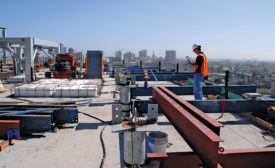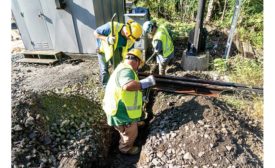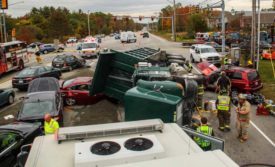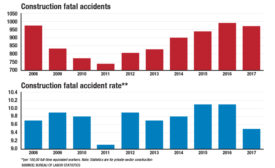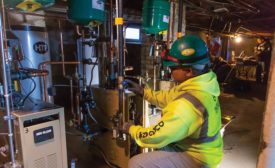Safety Health
ENR 2018 Top 25 Newsmakers
Michael Feigin: Multifamily Builder Launches Fire-Elimination Strategy for Wood Frames
Read MoreConstruction Vehicle Safety
Serious Dump and Ready-Mix Delivery Truck Accidents Edge Higher
Read MoreMassachusetts Roofer Killed in Nine-story Fall
Carlos Ortiz apparently fell through a roof hole into an elevator shaft in a building under construction
Read More
The latest news and information
#1 Source for Construction News, Data, Rankings, Analysis, and Commentary
JOIN ENR UNLIMITEDCopyright ©2025. All Rights Reserved BNP Media.
Design, CMS, Hosting & Web Development :: ePublishing




